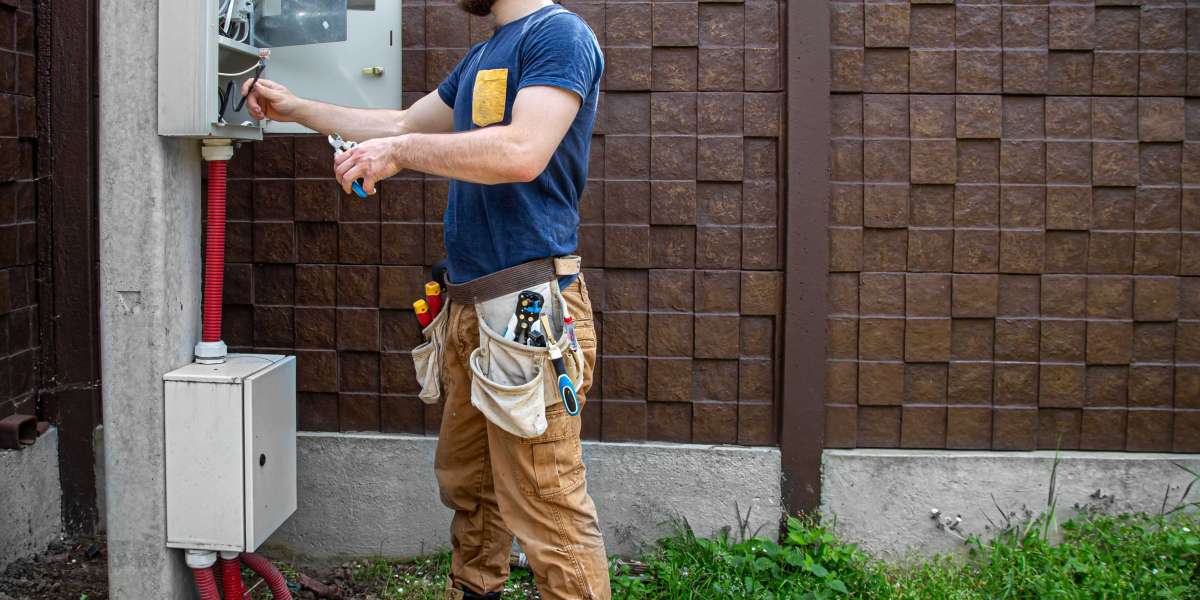Electrical grounding is a pivotal concept in electrical engineering, yet it often goes unnoticed by individuals who are not familiar with the subject. Despite its crucial significance, we often neglect the importance of electrical grounding. At its essence, electrical grounding is connecting electrical systems or circuits directly to the earth, so incorporating the planet itself into the circuitry.
This technique is critical not only for assuring the safe operation of a wide range of electrical products online but also for protecting people from potential electrical risks such as shocks, fires, and other dangers. It is a critical safety in all types of electrical systems, from household gadgets to large industrial equipment.
In simple terms, electrical grounding is the process of connecting electrical equipment or circuits to the ground, making the earth part of the electrical circuit to reduce the risk of any electrical hazards.
So, this article will delve into electrical grounding, its role, and how to install and maintain it.
Why Electrical Grounding?
Imagine you're walking on a carpet, and then you touch a doorknob, only to get a small shock. That shock is due to static electricity building up in your body and then finding a path to the ground through the doorknob. Now, in the grand scheme of things, this small shock is more surprising than harmful. However, when we talk about electrical systems in your home, office, or any infrastructure, the stakes are much higher.
Electrical grounding serves as a safe path for excess electricity to dissipate into the earth, preventing any unwanted accumulation that could lead to electric shocks or, worse, electrical fires. Now, let’s delve into why it’s so crucial for our safety and the longevity of our electrical devices.
The Protective Role of Grounding
- Prevents Electrical Overload: Grounding prevents electrical overload by providing an alternate conduit for surplus current to go back into the earth. This protection protects your appliances and can considerably lower the danger of fire.
- Stabilizes Voltage Levels: Grounding helps stabilize voltage levels in electrical circuits. This is critical because it ensures that electrical equipment receives a consistent voltage necessary for its effective and safe operation.
- Enhances Safety: The most obvious benefit of grounding is improved safety. It considerably reduces the risk of getting an electric shock from grounded items. If a failure occurs, the grounding system provides the least resistance path back to the earth, reducing the risk of shock to anybody who comes into contact with the electrical system. The grounding system is necessary, but good quality and durable products are also important, and consumers may now conveniently buy these electrical products online.
How Does Grounding Work?
To understand how grounding operates, imagine electricity as water flowing through pipes. If a pipe bursts or leaks, water pours out uncontrolled. Now, with a drainage system in place, spilled water can be properly sent away, saving floods and damage. Electrical grounding functions similarly, providing a "drainage system" for stray electrical current and securely diverting it into the earth.
In technical terms, a grounding system not only typically consists of a grounding rod driven into the earth but also connects an electrical system with a conductor. This rod acts as a reference point for the voltage levels of the electrical system and directly connects to the ground, securely discharging any surplus power.
Installation and Maintenance
The installation of a grounding system is a task for professionals, involving not just the physical setup of grounding rods and connectors but also a deep understanding of the electrical system being grounded. This process requires specific products, and you can conveniently purchase these electrical products online, which ensures that the necessary high-quality materials are readily available for any project.
Maintaining a grounding system, though not overly difficult, proves essential for its longevity and effectiveness. Over time, connections might degrade, or the resistance of the ground connection could change as soil conditions vary. To ensure the grounding system stays operational, one must perform regular checks, highlighting the importance of consistent access to replacement parts and additional materials. Online electrical supply vendors readily provide these.
Professionals can maintain the safety and effectiveness of the grounding systems they install by ensuring that these components are of good quality and readily available, giving them and their clients peace of mind.
Get the high-quality electrical products from Lyter:
Electrical grounding is crucial, not only as a technical necessity but as a pivotal safety measure in any electrical system. It guards against the dangers of electrical faults, offering a secure route for surplus electricity to dissipate, thereby protecting lives and property. The intricacy of crafting and upkeeping a robust grounding system highlights the need for specialized expertise in electrical setups. Grounding ensures our environments are safer for all.
For those prioritizing high-quality and resilient electrical solutions, Lyter stands out. We are known for offering the best extension cords in India and exemplify our commitment to excellence in both quality and safety. Our product portfolio extends beyond functionality to deliver durability and dependability, positioning it as a preferred choice among professionals and homeowners. Opting for Lyter equates to choosing unmatched safety and efficiency in your electrical installations, including grounding.








